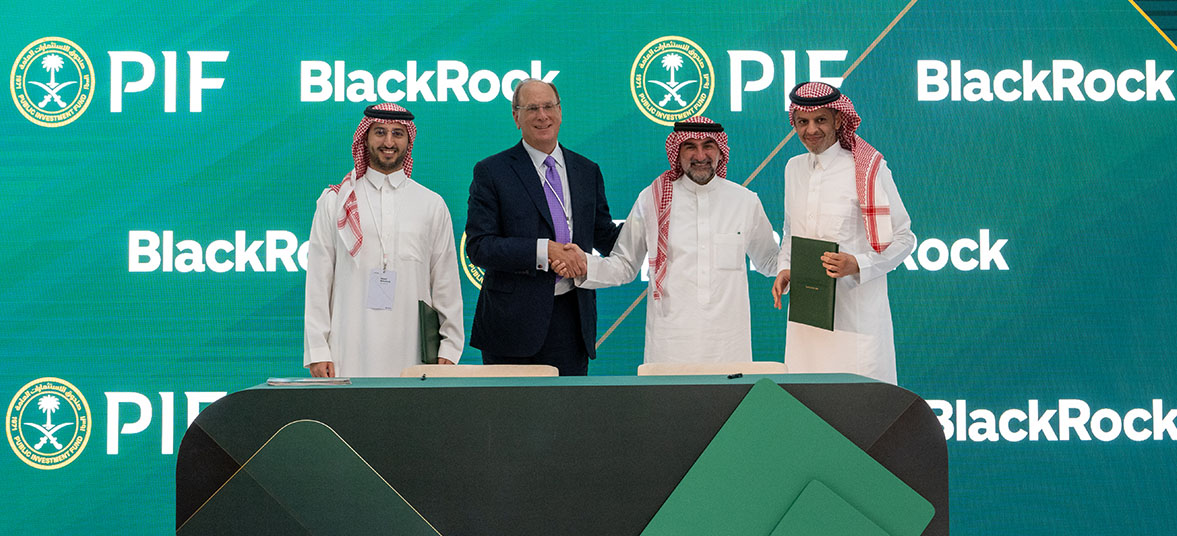RIYADH: A $10 million credit line agreement was signed between Saudi EXIM Bank and Mauritania Investment Bank aims to enhance the Kingdom’s non-oil exports to the African nation and strengthen bilateral trade relations.
The deal, signed at EXIM Bank’s headquarters, is intended to boost exports in key sectors, open new trading opportunities for Saudi exporters, and encourage Mauritanian importers to source Saudi products and services.
This initiative aligns with Saudi EXIM Bank’s efforts to support a diversified and sustainable economy, maximizing the economic impact of exports in line with Saudi Vision 2030.
Abdulatif Al-Ghaith, director general of lending at Saudi EXIM Bank, said: “This agreement falls within the framework of the bank’s efforts to provide financing solutions that contribute to the development of Saudi non-oil exports and enhance their competitiveness in African markets, especially in Mauritania.”
The collaboration also paves the way for increased trade and investment between Saudi Arabia and Mauritania, extending a series of financing agreements that EXIM Bank has established with international financial institutions.
In 2022, Saudi Arabia exported $13.8 million worth of goods to Mauritania, including cement, concentrated milk, and ethylene polymers, according to the Observatory of Economic Complexity. This online platform provides data visualization and insights on global trade patterns.
In the same year, the African nation’s exports to the Kingdom totaled $167,000, primarily consisting of plastic products, non-fillet frozen fish, and animal food, according to the online platform.
“This agreement will play a pivotal role in enhancing opportunities and providing financing for Mauritanian clients who collaborate with local exporters in the Kingdom, which will positively reflect on mutual trade,” said Cheikhna Bashir, head of international affairs and external relations at Mauritanian Investment Bank.
In July, Saudi EXIM Bank and InvestChile signed a memorandum of understanding aimed at strengthening cooperation and boosting Saudi non-oil exports to South America, thereby enhancing bilateral business relations.
In 2023, Saudi EXIM Bank provided SR16.5 billion ($4.39 billion) in credit facilities, surpassing its annual target by 33 percent and accounting for 5.2 percent of the Kingdom’s non-oil export financing. Export financing disbursements totaled SR7 billion, exceeding the annual target by 20.6 percent, while credit insurance coverage for exports reached SR9.5 billion, surpassing the target by 44 percent.


























